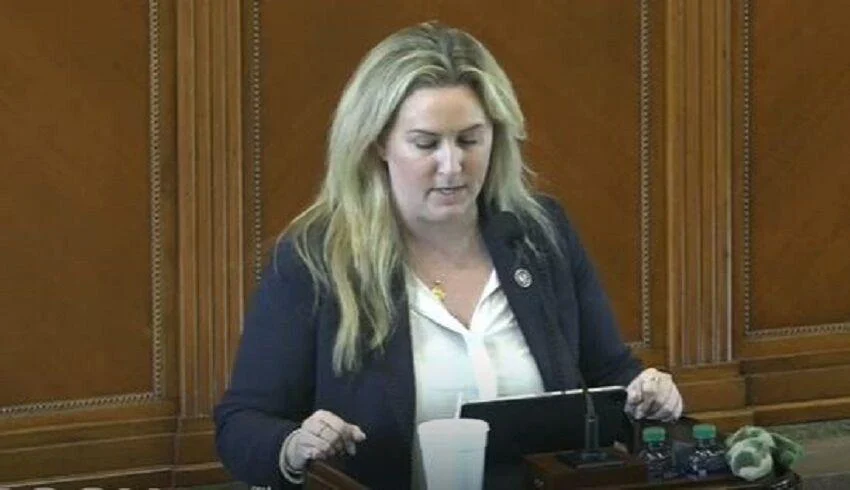501
(The Center Square) – An expansive education savings account bill passed the Louisiana House of Representatives this week.
Companion legislation in the Senate is also progressing.
The legislation authored by Rep. Julie Emerson, R-Carencro, wo

Rep. Julie Emerson, R-Carencro, speaks to the House about House Bill 745, known as the Giving All True Opportunity to Rise Scholarship Program, on April 8, 2024.
Education savings account bill passes in Louisiana House
previous post

